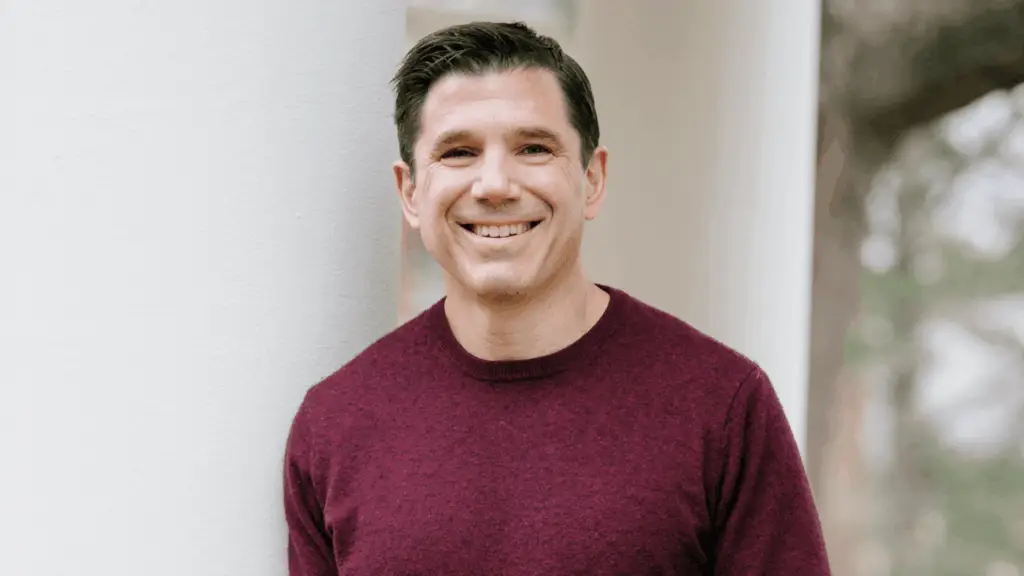
There’s strength in recognizing when you need additional support. If you’re feeling consistently overwhelmed, anxious, or depressed, it may be time to speak with a healthcare professional. Warning signs can include ongoing sleep trouble, loss of appetite, or emotional numbness.
Mental health care is an important part of cancer recovery. There are therapists, social workers, and cancer-specific counselors trained to support your unique needs. Don’t hesitate to seek them out.
Your medical team can help adjust medications or recommend physical therapy if your symptoms are impacting your daily life. Being honest about your struggles allows your care providers to offer better, more personalized support.
The path to recovery from pancreatic cancer is rarely straightforward. It’s a mix of triumphs and setbacks, strength and vulnerability. But through each high and low, healing is happening. Be gentle with yourself. Allow space for rest, reflection, and growth.
You don’t have to go through this journey alone. With the right support, emotional, physical, and practical, you can move forward, one step at a time. And remember, every day you show up for yourself is a victory.
At TrovaNOW, we’re focused on finding a cure for pancreatic cancer. Every test and discovery brings us closer to better treatments and saving lives. Join us and learn more at TrovaNOW.

PRECEDE FoundationLight The Way Inaugural Gala Your donation directly supports...



Join our mailing list for the latest news and events. We assure you that we will not send unnecessary emails.
(914) 263-7968
info@precedefoundation.org
Debbie Brandel
PO Box 207
Red Hook, NY 12571

October 28, 2025 | 6pm-10pm | Tribeca Rooftop
Your donation directly supports this groundbreaking work, including the infrastructure, scientific collaborations, and patient-focused efforts that are accelerating early detection tools with the potential to raise survival rates from 13% to 50%.